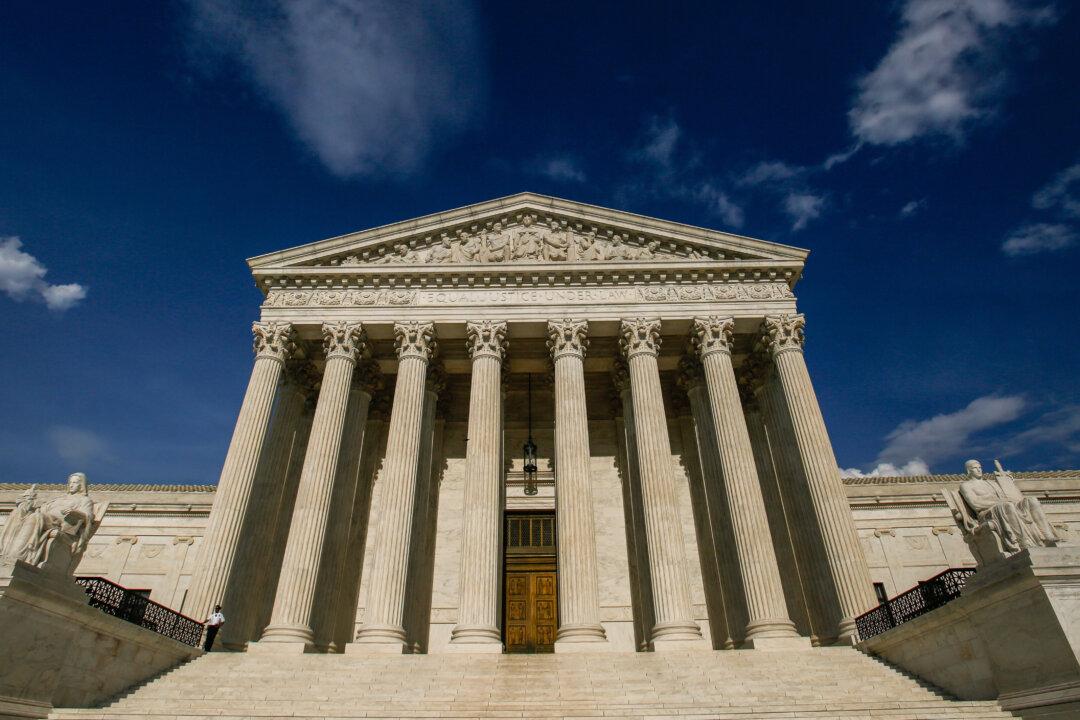The Biden administration is urging the Supreme Court not to take up a petition asking the court to strike down as unconstitutional a law that authorizes military conscription solely for men.
The Trump administration defended the current system in the lower courts. President Joe Biden’s Department of Justice (DOJ) obtained two deadline extensions before filing its response.





